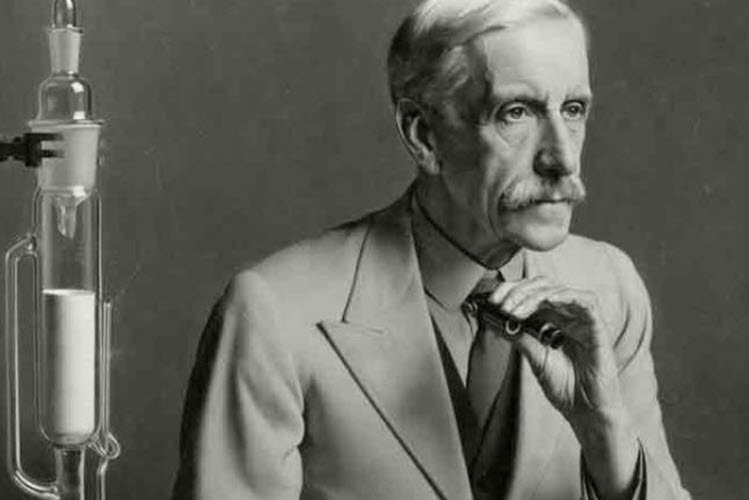Frederick Gowland Hopkins (20 June 1861 – 16 May 1947) was a British biochemist who made significant contributions to the field of nutrition and metabolism.
Life and Career
He was born on 20 June 1861, in Eastbourne, Sussex, England. He attended the City of London School and then went on to study at the Royal School of Mines and the University of London, where he earned a degree in chemistry in 1884.
After completing his studies, Hopkins worked as a demonstrator in physiology at Guy’s Hospital in London. In 1894, he became a lecturer in biochemistry at the University of Cambridge, and in 1914, he was appointed the Lown dean Professor of Chemistry at Cambridge.
Hopkins is best known for his discovery of vitamins and his work on the role of essential nutrients in the diet. He demonstrated that certain organic compounds, which he called “accessory factors,” were essential for the growth and health of animals. He also discovered the first vitamin, thiamine (vitamin B1), and worked on the isolation and identification of other vitamins.
He died on 16 May 1947, in Cambridge, England
Award and Legacy
He was awarded the Nobel Prize in Physiology or Medicine in 1929 for his work on the discovery of essential nutrients.
He was also awarded the Royal Society’s Copley Medal in 1930.
Today, Hopkins is remembered as a pioneer in the field of nutrition and a founding figure in the development of modern biochemistry. His work laid the foundation for further research on the role of essential nutrients in the diet, and his discoveries continue to have a profound impact on our understanding of health and nutrition.

